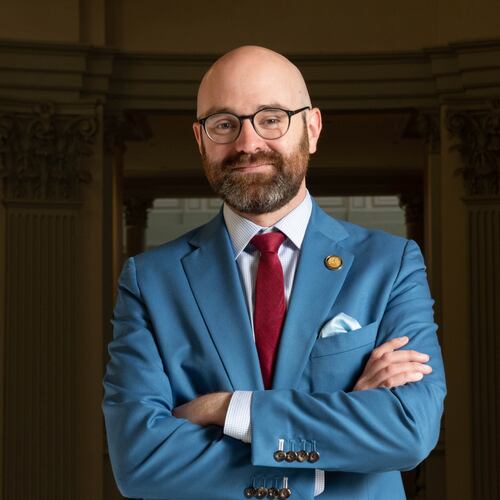When state legislators enacted Georgia’s sweeping immigration law three years ago, critics pointed out that it didn’t include any requirements — or funding — to train police how to enforce one of its key provisions.
That provision gives police the option to investigate the immigration status of certain suspects and detain them and transport them to detention centers if they are found to be in the country illegally. Civil and immigrant rights groups worry police could enforce it improperly and violate people’s constitutional rights.
Seeking to help police navigate the complex law, the state’s Public Safety Training Center created an hourlong online course about it. The center began offering it to officers in July, roughly seven months after federal courts lifted an injunction against the law.
Nearly 1,750 state and local officers were expected to have completed it by the end of last month, state officials said. Georgia is home to 57,179 officers. But thousands work in jails and prisons or handle records and emergency communications. It’s unknown how many of them would have a reason to enforce the law.
The state’s training course gives a history of the law, covers its provisions and discusses some hypothetical scenarios for when it could be enforced.
Critics who have reviewed it say it doesn’t warn officers about the potential for Fourth Amendment rights violations for unreasonable search and seizure. Local and state police do not have the authority to detain people solely to investigate their immigration status, said attorneys with the National Immigration Law Center and the American Civil Liberties Union’s Immigrants’ Rights Project, which sued to block parts of Georgia’s immigration law.
“When you read the 57 pages of (Georgia’s) training material, at no point does it make that crystal clear for law enforcement,” said Karen Tumlin, a managing attorney for the National Immigration Law Center. “And that is a glaring hole.”
But officers are learning about constitutional rights in other courses taught at Georgia’s Public Safety Training Center, state officials said. Plus, some police agencies are training their own officers on Georgia’s immigration law.
Keith Howard, assistant director of the Georgia Public Safety Training Center, said his center welcomes suggestions from the National Immigration Law Center and the ACLU.
“Law enforcement officers in the state of Georgia are public servants,” he said in an email, “and the Georgia Public Safety Training Center would never develop courses that would result in constitutional rights violations.”
About the Author
Keep Reading
The Latest
Featured



